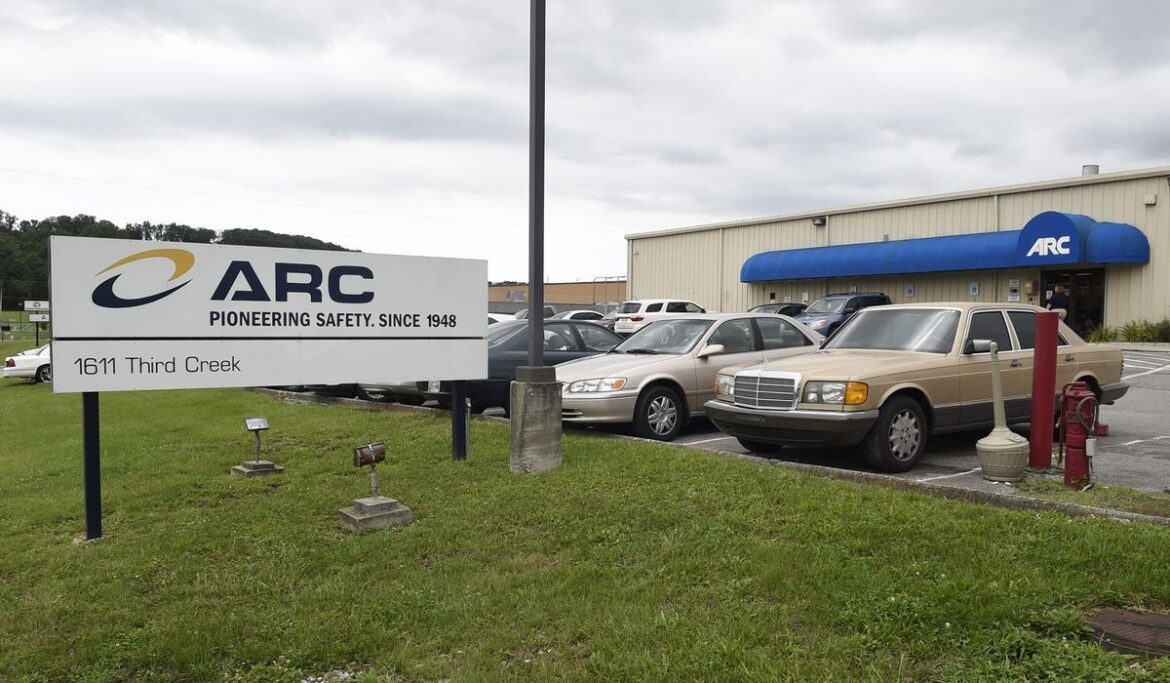The National Highway Traffic Safety Administration made an initial decision Tuesday that 52 million air bag inflators should be recalled due to a safety defect that causes shrapnel to be ejected toward passengers.
Before NHTSA can seek a court-ordered recall, however, the decision must be subject to public input at a meeting, which has been scheduled for 9:30 a.m. Oct. 5, 2023, at the Department of Transportation’s D.C. headquarters.
The issue, the federal auto safety regulators contend, is that the hybrid toroidal inflators are made using friction welding, which builds up weld slag. If the slag metal gets dislodged and blocks one the inflator, then pressure builds up, which in turn leads to rupture on impact. That rupturing, NHTSA said, ejects shrapnel and metal toward a car’s passengers.
NHTSA said at least seven people in the U.S., from 2009 to 2023, have been injured as a result of these hybrid toroidal inflators rupturing.
An Aug. 15, 2021, crash in Michigan resulted in driver Marlene Beaudoin’s death from expelled metal fragments, according to The Associated Press.
The driver and passenger air bag inflators in question were made by ARC Automotive Inc. and Delphi Automotive Systems LLC. ARC began making the driver inflators in 2000 and licensed out their model to Delphi for use in Delphi air bags in 2001. Delphi manufactured 11 million of the inflators between that time and 2004, according to the NHTSA decision document.
ARC Automotive, meanwhile, kept making inflators, and started making the car part for passenger air bags as well in 2010. The company made the other 41 million inflators in question.
The potential recall only applies to parts made before 2018, however; in 2018, ARC implemented a new examination process that eliminates slag, and NHTSA said it had no reports of ARC inflators made from 2018 onward rupturing.
The inflators were put into air bags in cars made by the North American branches of BMW, Stellantis, Ford, General Motors, Tesla, Hyundai, Kia, Maserati, Mercedes-Benz, Porsche, Toyota and Volkswagen.
While ARC was asked to launch a voluntary recall in April, the company refused, saying that the ruptures were “isolated incidents” and “an inevitable part of any volume manufacturing process,” according to NHTSA. That refusal spurred the agency’s initial decision as part of moving toward a court-ordered recall.
Delphi Automotive Systems, meanwhile, is no longer extant, having been acquired by Autoliv in 2009. Autoliv has informed NHTSA that it may not be legally liable for those inflators, and NHTSA noted that it has not yet identified which entity might be responsible for the 11 million parts made by Delphi.
The regulators also noted that any recalls would be carried out by the carmakers, not the auto parts manufacturers.
ARC Automotive has not yet responded to a request for comment.


